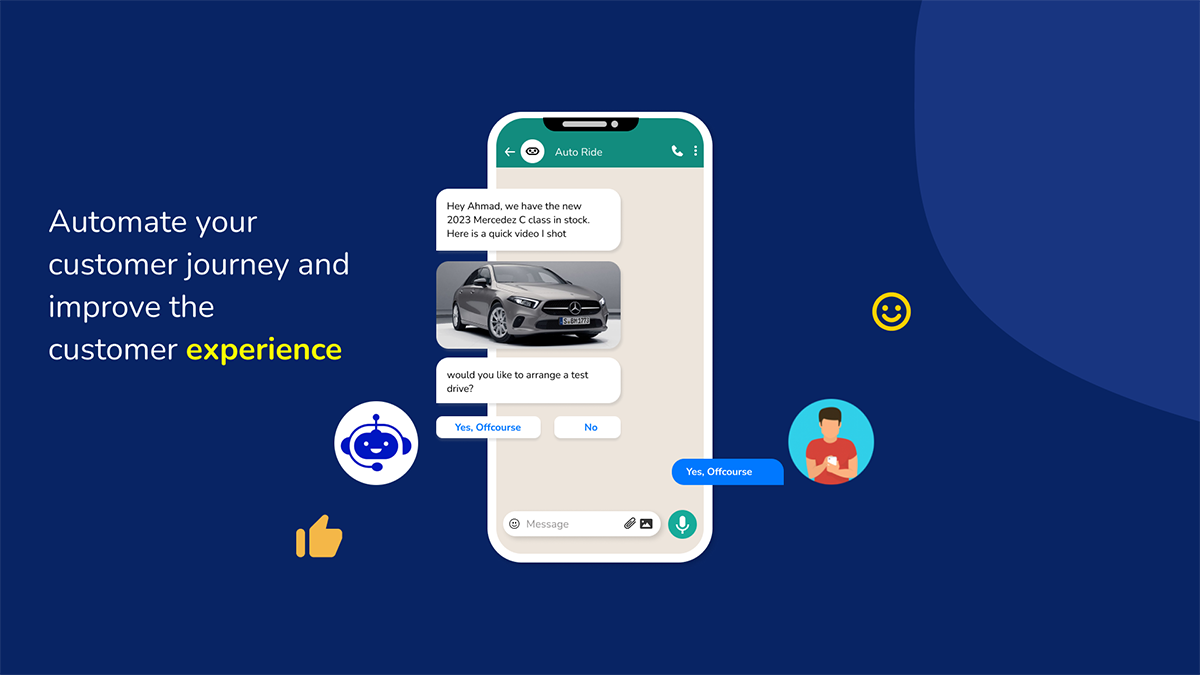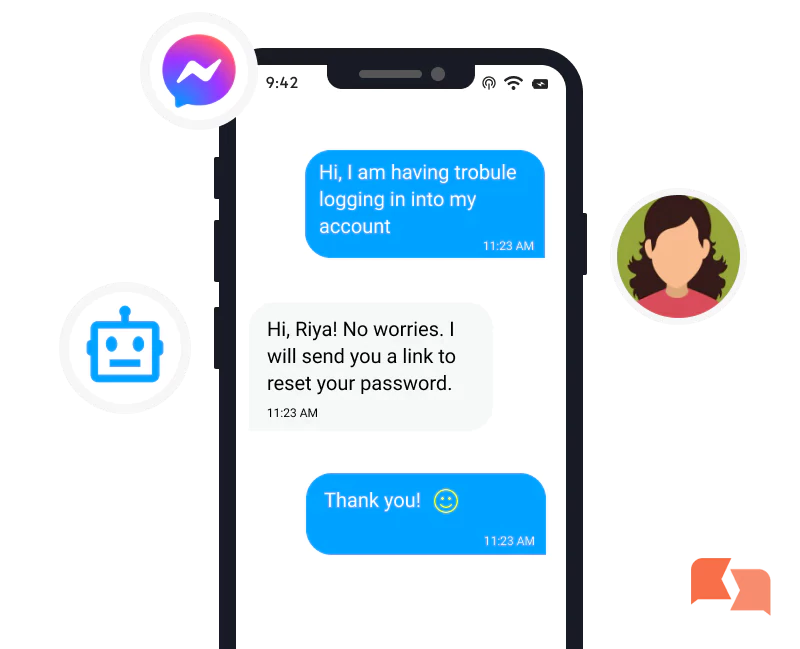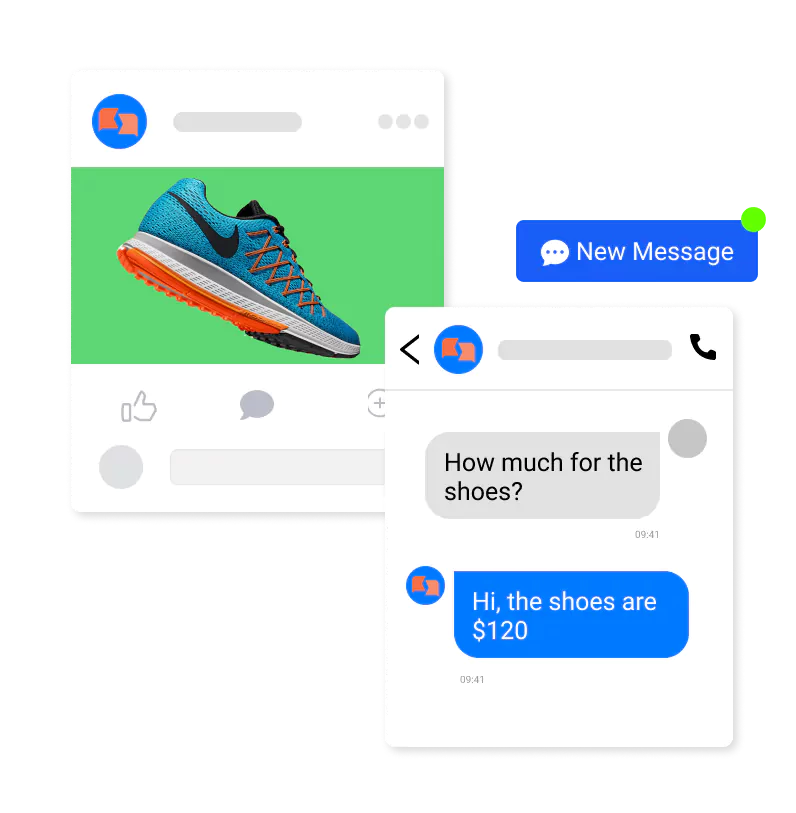What is a chatbot message and how it's becoming the future of business industries!
Jan 19, 2023 3 min read

With chatbot messaging, your guests will get immediate responses from a bot. Does this imply that there is no longer any human contact? Certainly not. When it can, your bot will respond to the more straightforward inquiries, directing the visitor to an agent if it is unable to.
The first chatbots introduced to the public might have spoken in a robotic tone, but thanks to AI, chatbots have greatly improved and can now interact in a human voice. Instead of a human agent, guests will be okay with chatting with a chatbot to get assistance. According to research, more than 50% of customers would receive a chatbot's service immediately for straightforward questions rather than wait for a response.
How can AI help with chatbot messaging?

The most sophisticated bots use artificial intelligence to comprehend complex requests. Artificial intelligence (AI) focuses on creating computer systems that can carry out tasks that typically require human intelligence. Chatbots can develop and tailor their responses by utilising AI and machine learning. Therefore, a chatbot will use AI to search for establishment information on OTAs and use this to respond to guests rather than utilizing static response templates. Unlike messaging, there is no longer a requirement to fill out response templates manually.
The future of chatbot messaging
The future of chatbot messages looks promising, as they are increasingly being used across various industries to improve customer engagement and automate repetitive tasks. As technology advances, chatbots will become even more sophisticated, with the ability to understand and respond to more complex user inputs.
One area where chatbots are expected to have a significant impact is customer service. Chatbots can provide 24/7 service and handle a high volume of inquiries, making them a cost-effective solution for businesses. They can also be integrated with other technologies, such as voice assistants, to provide a more seamless and personalised customer experience.

Another area where chatbots are expected to have an impact is the healthcare industry. Virtual health assistants can provide patients with information and guidance, book appointments, and even conduct virtual consultations.
Another critical aspect of the future is the ability of chatbots to integrate with other tools and services, such as payment gateway, shipping providers, ticketing services, and different integrations. It will enable businesses to use chatbots as a one-stop-shop for all customer needs, making them more useful and valuable to customers.
Additionally, with the increase in the availability of large datasets and improvements in natural language processing and machine learning, chatbots are expected to become more intelligent and able to understand and respond to a broader range of user inputs. Chatbot messaging will likely become a more critical and widely used technology in the coming years. It will play an important role in automating repetitive tasks, improving customer engagement, and providing personalised experiences.
Conclusion:
Lately, Chatbots have come a long way and are being adopted by all sizes of businesses to improve customer service and automate repetitive tasks. The future of chatbot messages looks promising, with more sophisticated and intelligent bots that can understand natural language, hold more realistic conversations, and integrate with other systems and platforms. Additionally, we expect to see an increased use of virtual assistants that can be accessed through voice commands or text input and perform diverse tasks, including scheduling appointments, setting reminders, and providing information. Integrating chatbots and virtual assistants with IoT devices and services will also become more common, enabling these devices and services to be controlled and interacted with through chatbot interfaces. These technological advances will provide a more personalised and seamless experience for users.

